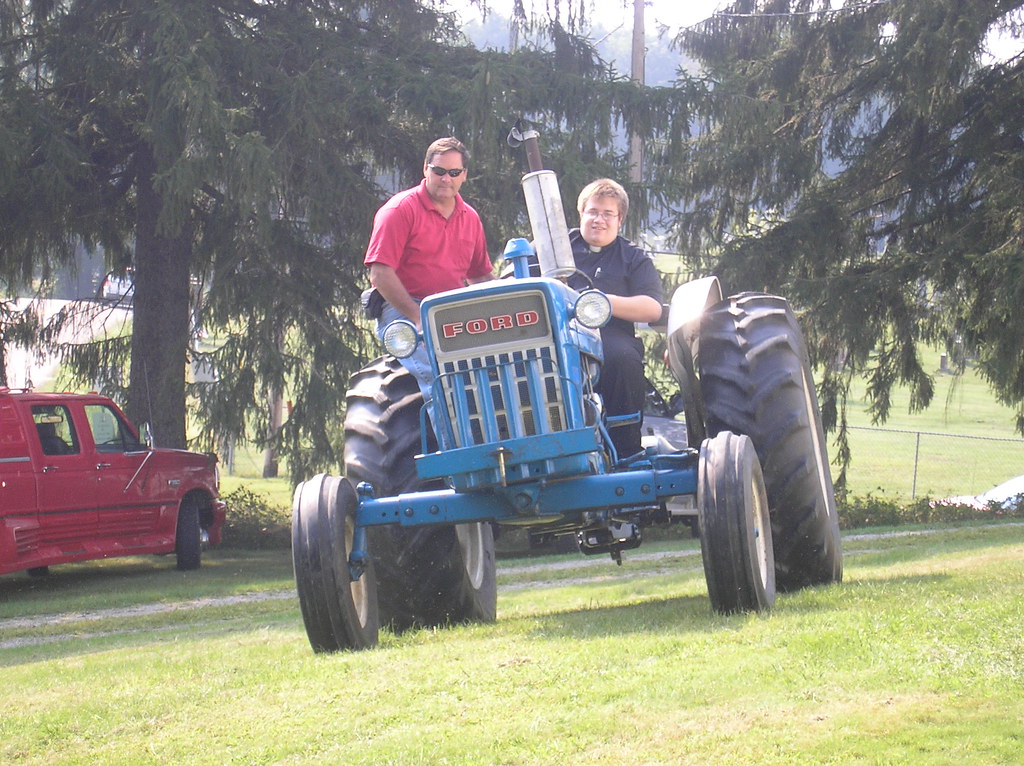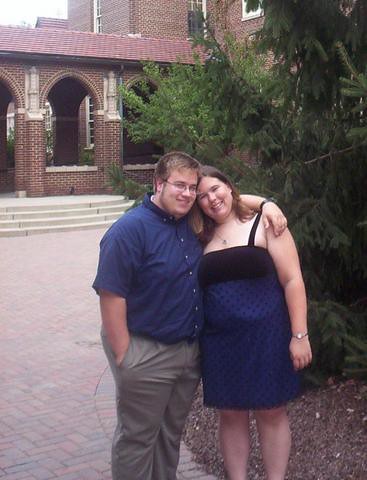David Hively
August 25 and 26, 2007
Luke 13:10-17
10Now he was teaching in one of the synagogues on the sabbath. 11And just then there appeared a woman with a spirit that had crippled her for eighteen years. She was bent over and was quite unable to stand up straight. 12When Jesus saw her, he called her over and said, “Woman, you are set free from your ailment.” 13When he laid his hands on her, immediately she stood up straight and began praising God. 14But the leader of the synagogue, indignant because Jesus had cured on the sabbath, kept saying to the crowd, “There are six days on which work ought to be done; come on those days and be cured, and not on the sabbath day.” 15But the Lord answered him and said, “You hypocrites! Does not each of you on the sabbath untie his ox or his donkey from the manger, and lead it away to give it water? 16And ought not this woman, a daughter of Abraham whom Satan bound for eighteen long years, be set free from this bondage on the sabbath day?” 17When he said this, all his opponents were put to shame; and the entire crowd was rejoicing at all the wonderful things that he was doing.
Let us pray,
Open our ears to hear your Word. Open our minds to understand it. Open our hearts to embrace it. And open the door, that we may carry it forth. In Jesus name, Amen.
During the time that our team spent in Togo we were privileged to meet a great number of people. But one of the people with whom I formed a special bond was Pastor Evie. This roughly 5’8” man had an always present smile and a heart that was overflowing with love for God and love for others. He is a soft-spoken man, but in that way that makes you want to listen even more closely for what he was going to say next. One afternoon, as the medical clinic was beginning to wrap up for the day Pastor Evie and I spent some time talking about similarities and differences between life on our respective continents.
Pastor Evie, like many of our hosts in Togo, had a rather idealized image of America. So it was hard for him to believe when I told him that there were many things about life in Togo that I wish Americans would learn. One of the things that I noticed while in Togo is that there were many unattended children. It was not uncommon there for children to be seen alone. They may walk several kilometers, unaccompanied by an adult to go to school, to the market, or just to get water. I explained to him that this was not the case in America and that parents, especially in public places like the markets, would never leave their children unattended. They keep them very close for fear of kidnapping.
Another difference that we discussed was a difference in people’s posture in public. As we traveled across through the markets and towns in Togo and Ghana we noticed that everyone had their head up and was looking around. There was lots of waving back and forth and greeting one another. Even when we passed by on the bus, often people would smile and wave. Pastor Evie told me that this is a very common thing and it was not just the novelty of white faces which drew people’s attention. As we quickly discovered in Togo, relationship is infinitely more valuable than time. So when you are out in public, and you come across someone you know, you stop, take time, and have an actual conversation. You ask about their family, about their work. You cultivate the relationship.
But in America things are different. Often we do not walk with our heads up looking around for people to wave to or to greet. Instead we have a different posture: head tilted down, eyes averted from looking directly at anyone. And the little voice inside you saying, “I just need to get in and get out;” “I hate going to the store, especially at this time of day, it is always so crowded;” “I didn’t get a chance to change after my morning work out, I hope that I don’t run into anyone that I recognize.” Eyes cast down, avoiding contact - hoping, praying that you don’t have to stop and talk to anyone. Weighed down by the heavy cares and burdens of society.
This is just the posture in which Jesus encounters a woman in today’s text. The text tells us that she has been weighed down by a spirit that had crippled her for 18 years. Could you imagine that? Going through life physically unable to look someone in the eye – to make that human to human connection? We talk about this as a healing story – and it is. But it is more than just a story about physical healing. It is a story about social healing as well. This disease separated the woman from those around her and kept her from experiencing the fullness of life and community. And yet, we impose this separation on ourselves. We “keep to ourselves.” In public places our eyes are cast downward, refusing to meet the eye of our neighbor. Perhaps because we are in a hurry. Perhaps because we are afraid. Maybe even because, like the woman that Jesus healed, there is something inside, weighing you down, keeping you from lifting up your eyes: some secret, some story you are ashamed to tell, something for which you have not yet forgiven yourself, something weighing you down.
Jesus encounters this woman, hunched over, bent low by the weight of the world – and for 18 years nobody was able to help her. And if the Pharisees had their wish, it would have been 18 years and 1 day. It was the Sabbath, the day set aside by God for rest. The rules and religious order of they day said that Jesus had no business healing this woman on the Sabbath, but Jesus saw something different.” Jesus does not see her as just another woman, as someone else who wants his time. He does not see her as a conflict between his mission of healing and the religious laws of the day. But Jesus sees her as a beloved child of God, an heiress of the covenant never to leave or forsake. Look at how he talks about the woman – “Daughter of Abraham.” He sees her as a person with dignity and value, someone who is loved by God. And he heals her. He tells her to stand upright, to lift up her head and for the first time in many years, meet the eyes of her neighbors.
I wonder how our lives would be different if we stood up too. What if we peeled our eyes off of the floor and saw just who God has placed all around us? What if we let God take that weight off of our shoulders? Sons and Daughters of Abraham, lift up your eyes. Straighten up your backs. The same healing power that was at work in that woman 2,000 years ago is still at work today. There is no burden to big for God, no wound too deep to be healed. Not only are you precious to God, but God has filled your life with other precious people. Other people whom God has blessed with gifts and talents which make life richer and this world a more wonderful place to live. Look around you and see the beauty of God’s creation. Lock eyes with your neighbor. This interaction, the spark that happens as two people’s eyes lock – this is the beginning of community. We take the first step toward the sort of relationships to which God has called us. In the faces gathered around us, we see the face of Jesus. We see the face of one who took on our frail, bent over form, and now invites us into a fuller life in relationship with those around us.
Let us pray,
We thank you God that you have promised to free us from our burdens. Give us the courage to trust in you and to risk relationship with your precious children. In Jesus name, Amen.



No comments:
Post a Comment